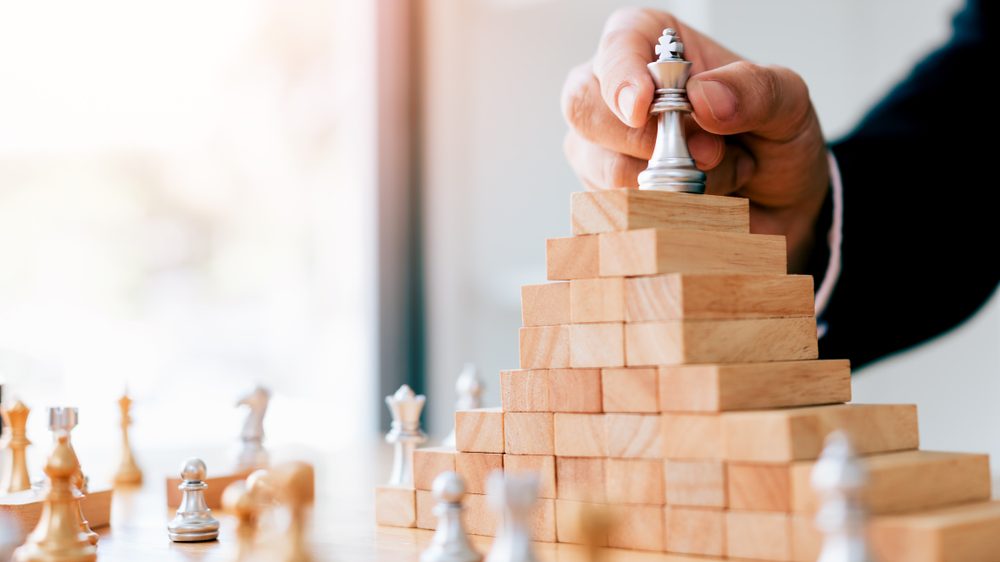Panellists were put against the clock at the recent Canadian Gaming Summit as Martin Lycka, SVP for American Regulatory Affairs and Responsible Gambling at Entain, quizzed the five strong line-up on three key problem questions.
In a debate session that was titled ‘responsible gaming as a driver for growth’, and that began with talk of Quebec’s maple syrup monopoly, the 45 minute discussion delved down a multitude of key avenues.
In the first of a three-part CasinoBeats special, we will revisit those questions posed and the key insights supplied regarding a region that was regulated to provide better protections for players that what was afforded in its previous gray market status.
As Lycka played host, Jacob Coin, Executive Advisor to the Chair of the San Manuel Band of Mission Indians, Shelly White, CEO of the Responsible Gambling Council, Dan Spencer, Director of Safer Gambling at EPIC Risk Management, Aaron GlynWilliams, Director of Social Responsibility at the OLG and Nav Sandhawalia, Chief Compliance and Risk Officer at Niagara Casinos, offered expertise.
ML: What is the current state of play when it comes to Responsible Gambling in Canada? And in a similar vein, what effect do the rotten apples in our industry barrel, i.e. those who may not have embraced RG just yet, have on the industry’s perception by the public?
DS: I’ve been really impressed with the level of buy-in initially for RG and I think that that exists because it’s been incumbent for a long time in Canada. I think that it was written in all those years ago, and there’s been a culture of responsible gaming from the start.
That hasn’t necessarily been the case in emerging markets that I’ve seen around Europe, for example. It tends to be a bit of a fight to get together for market share, and some embarrassing ways and tactics that have been used that I haven’t seen in Canada.
I think the state of RG is in a good place. I think we’re off on the right foot. The rotten apples, as you put it, that have not bought into RG ultimately will be forgotten, I think, in the tails of history as it goes forward.
But ultimately, I think the biggest harm that they do is reputational wise for the jurisdiction. The media headlines that will come out of that will not be forgotten, the companies will, but the industry as a whole will be brought down by the reputational risk. I think that that’s the risk we pose.
SW: There’s a solid foundation for us to build upon. However, as the gambling industry grows in Canada, there is a need for us to increase the investment that we are making in responsible gambling and prevention education, in research in the ongoing adaptation and development of standards.
It’s not something that can remain static on, we’ve got to remain innovative with respect to this, we need to actually have a strategic approach, we need to develop an R&D strategy that considers all the types of gambling that exists in this country going forward.
NS: I actually think that we as Canadians need to pat ourselves on the back. I think we do an excellent job compared to other jurisdictions around the world. Here in Ontario, I’m particularly proud of our relationship with the OLG and with RGC and other stakeholders that we work with.
I think we’re doing really really good, but there’s always room for improvement…it disappoints me when other operators don’t buy in to and are not committed to RG.
I think it’s an important public policy initiative for all of us. And one bad apple kind of ruins it for all of us, right? So I think we all need to be at a certain level, a certain bar. I think that bar should be high, and I think we should all strive for that.
As an operator, I don’t find that RG in any which way is competitive. We don’t need to compete on RG. I think we all need to support each other to grow the message.
AG: I think the bigger risk is to be caught being a hypocrite, to say publicly that you’re committed to RG, but to not have that reflected internally on the work that you’re doing and the priorities that you’re setting, and making sure that you’re moving this space forward.
Because when we talk about the landscape, the landscape is shifting. Leadership 10 years ago is not leadership today. We need to do more research. We also have a lot of research that tells us what can be effective, and this is going to be critical for growth, it’s going to be critical for the sustainability of the industry broadly.
And that’s the commitment that I think all of us make. I know we make it at OLG not only to be publicly proud of our leadership, but to have the discussions internally to be moving things forward.
JC: One of the elements that we’re looking for with our programme would be if we can incorporate some Native American elements, cultural elements into dealing with this problem?
Because on the whole, when we talk about healing and even prevention, we talk about working and healing with the entire human being, we talk about your spiritual wellbeing, your mental wellbeing, your physical wellbeing and your social wellbeing in how well you get along with communities and other people.
So I’m very proud that I’m able to do this kind of work on their behalf in addition to advising the leadership. Now, as far as the bad apples, I think we all share some of that label, you know, in Indian country, in that we’re not doing near enough. But with San Manuel’s leadership we’re hoping to create a model of blueprints, if you will. We can all do better. It’s good for the industry.













